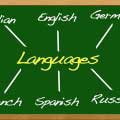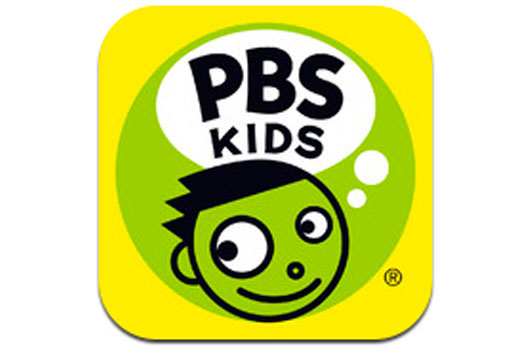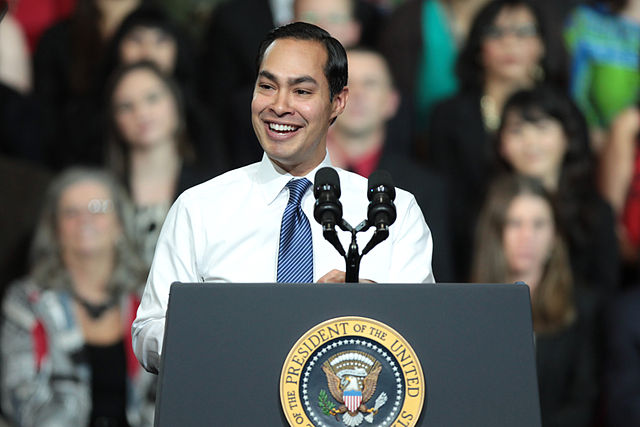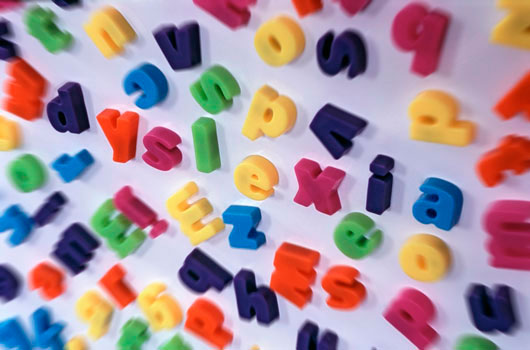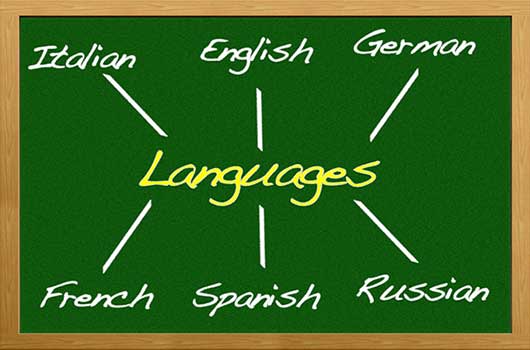
In our day and age, raising a child to be bilingual is seen as a positive step, as it will help him communicate with more people and be more desirable in the job market. But increasingly, research is showing that bilingual kids are cognitively more advanced than their monolingual peers. In plain English? Bilingual kids are smarter!
My husband is Italian, and we are raising our daughter—who is now a toddler—to speak both English and Italian. His family, and our Italian friends and neighbors already marvel at the fact that Naomi responds to me when I speak to her in English—which I do exclusively—or to Paolo and others when they speak to her in Italian. “Un grande vantaggio per lei,” they say. A great advantage for her.
THE BILINGUAL ADVANTAGE
And they’re right. Teaching her to be bilingual from the get-go will not just make it easier for Naomi to communicate with both sides of her family. It will give her advantages in school, career and social settings, and make it easier for her to pick up other languages, should she wish to do so. But studies are showing that bilingualism doesn’t just open more paths of communication. Bilingual kids are quicker problem solvers, and can solve complicated tasks quicker than monolingual children. The non-technical explanation is that learning two languages at the same time makes their brains work harder, and that renders them more intelligent.
Read Related: Raising Bilingual Children: All You Can Do is Plant Seeds
A 2012 article in The New York Times explains the concept in a little more detail. For much of the 20th century, researchers held that teaching children two languages actually confused them and slowed their cognitive, academic and speech development. As a result, even children who grew up in bilingual households were discouraged from shifting from one language to the other. But more recent research holds that the confusion that comes from learning two languages simultaneously is actually a good thing. Because deciding which language to use in a given situation, writes Yudhijit Bhattacharjee in The Times, “forces the brain to resolve internal conflict, giving the mind a workout that strengthens its cognitive muscles.”
Bilingualism also sharpens the brain’s executive function. This is the process that allows us to focus on a given task, and on problem solving and planning. Because a bilingual brain is already used to sorting, selecting and ignoring distractions, its executive function works better and faster than that of a monolingual brain.
BILINGUAL IS SMARTER
Another reason researchers conclude that bilinguals are more cognitively advanced is based on their observation or monitoring skills. If a child learns from his earliest age to constantly assess which language is being spoken to him, process what is being said and respond in the same language, he’s learning how to monitor his environment. This ability to assess surroundings and situations was shown to be faster in bilingual children and adults.
Need another reason to believe in the benefits of bilingualism? How about for staving off Alzheimer’s and dementia in old age? A California study of 44 elderly Spanish-English bilinguals found that those with the highest proficiency in both languages showed more resistance to the onset of dementia and Alzheimer’s.
In households where parents speak more than one language, it looks like teaching kids to be bilingual is a no-brainer. For bilingual Latino households in the U.S., the benefits of speaking both Spanish and English are vast, especially given the global economy and the nation’s growing Latino presence. In the near future, speaking both Spanish and English won’t be just an advantage, but a necessity. Parents who are teaching their children to be fluent in both languages are doing them a huge, huge favor.
Meanwhile, back in Italy, Naomi, at 14 months, is beginning to speak a patois of English and Italian. If her little brain is confused and working overtime, she’s sure not showing it. The truth is, I envy the advantages she’ll have in life. And from the looks of it, she’ll be smarter than both of her parents put together. In fact, I think we’re in for big trouble once she starts to form sentences!
[Mamiverse’s Bilingual Plus is an online channel devoted to bringing parents and educators the bilingual learning tools they need in the form of digital picture books, sing-alongs, and free curriculum-based family activities.]

